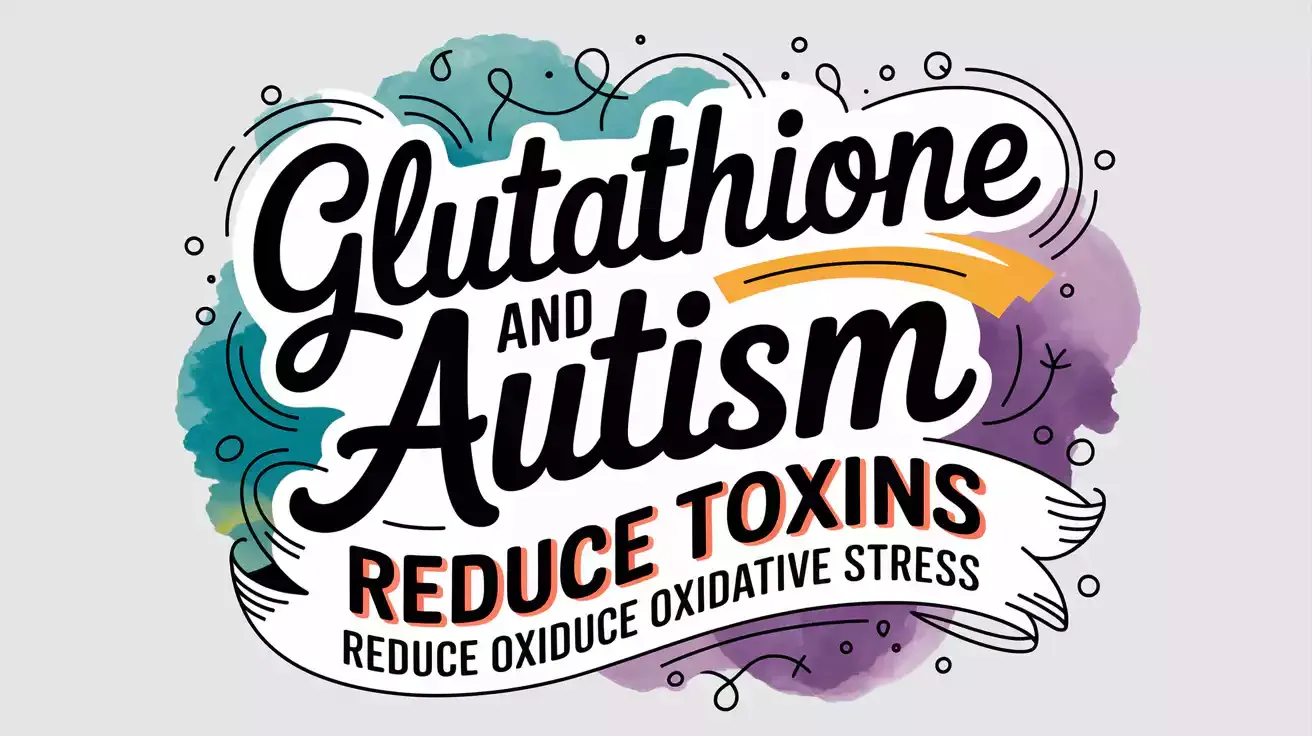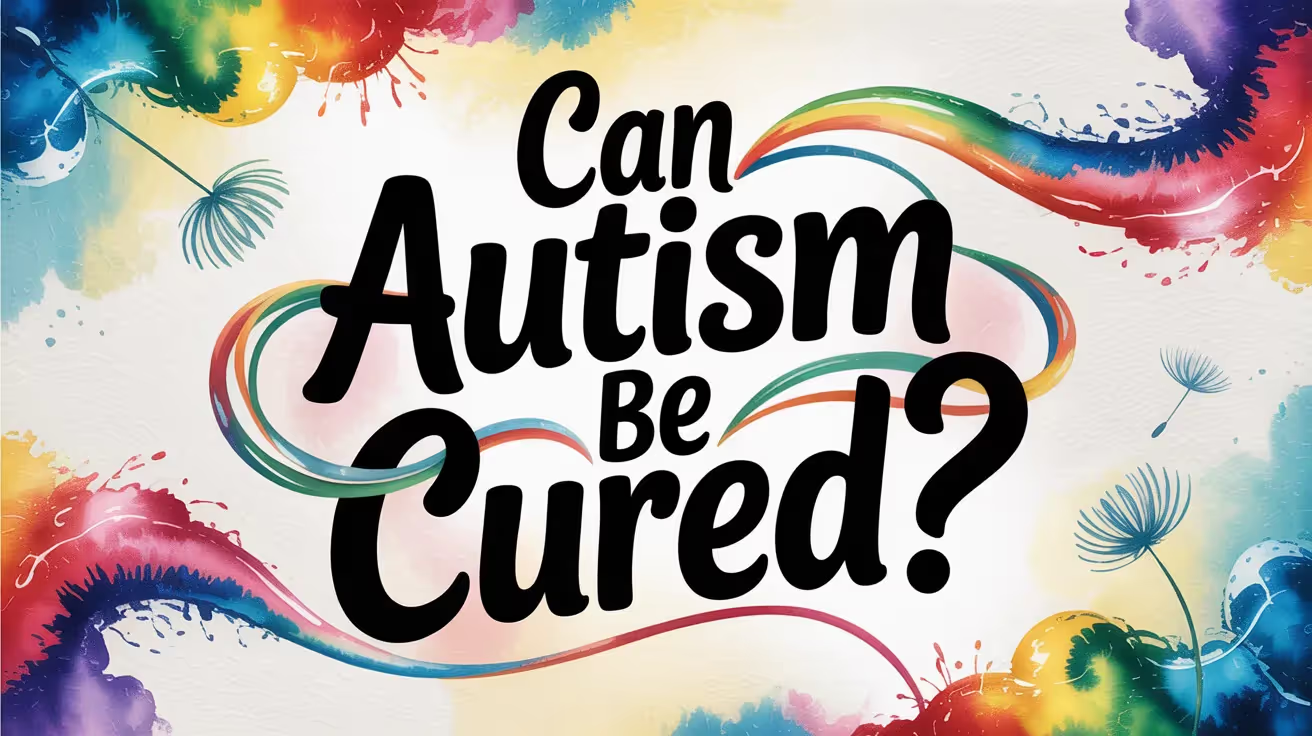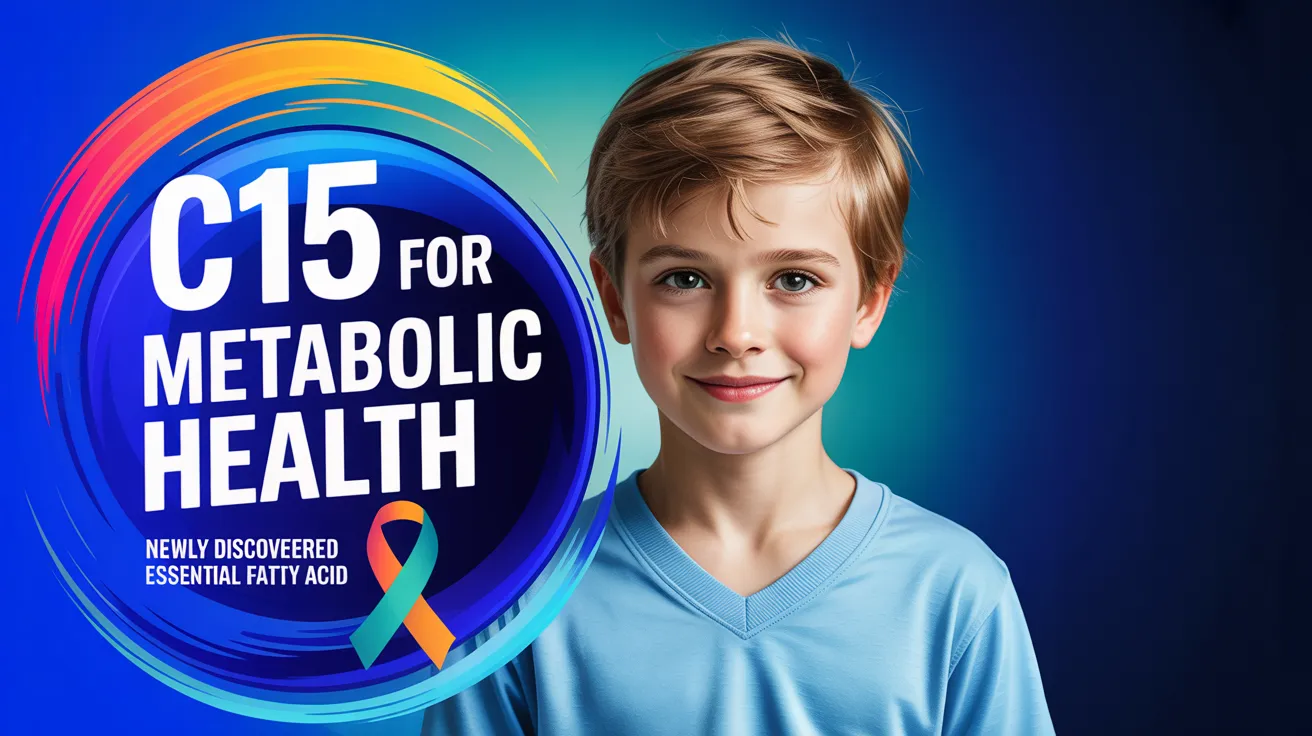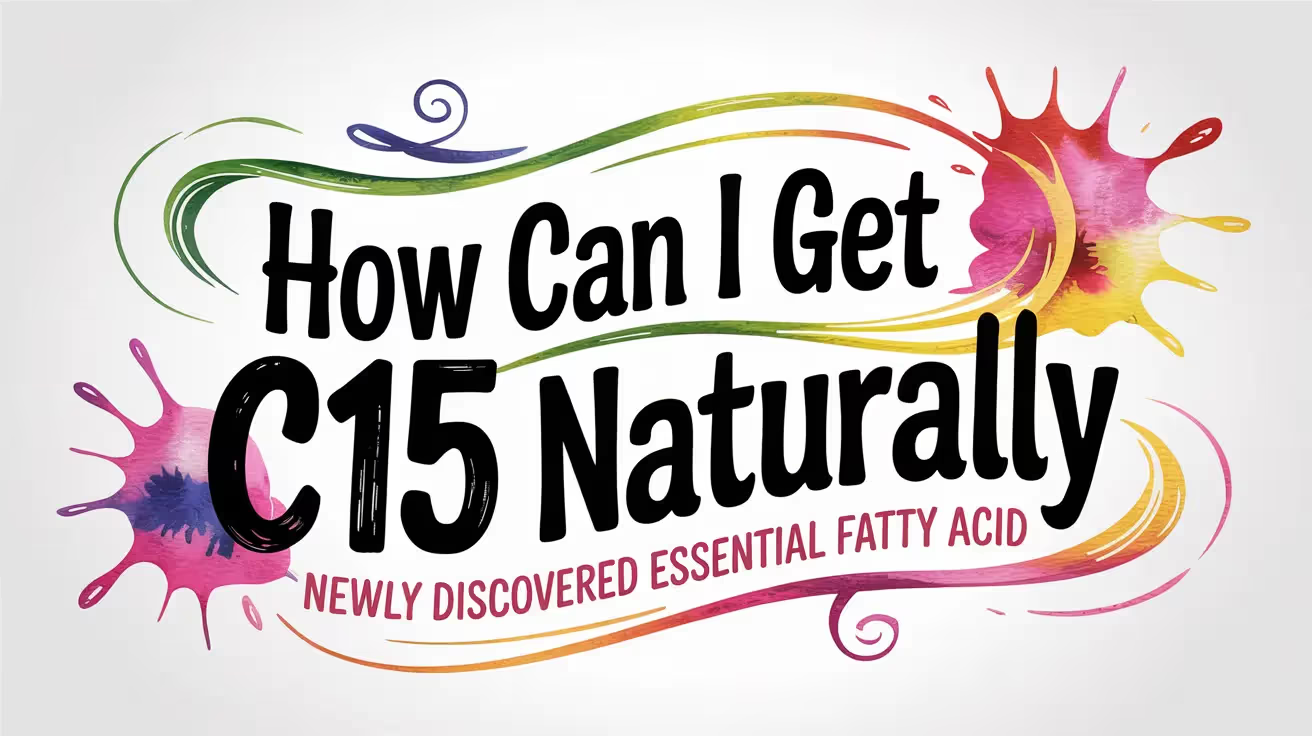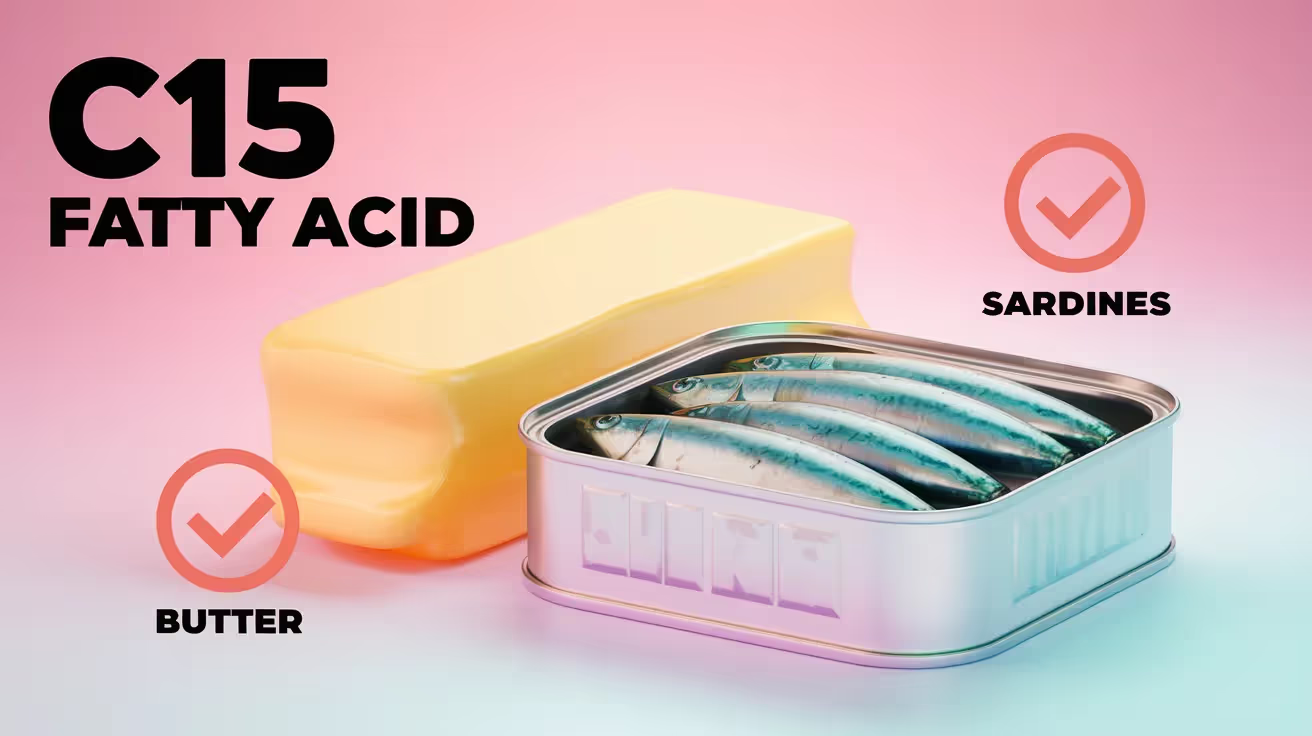Healing autism naturally involves improving health, reducing inflammation, and supporting detoxification. This entails an improved diet and essential nutrients, which is rarely advised by the first line of healthcare professionals supporting parents of children with autism.
Unfortunately, there is a common belief in the autism world that improving health doesn't impact autism symptoms significantly. However, many parents (including us) have found that focusing on diet and lifestyle changes can lead to noticeable improvements in their child's behaviour and overall well-being. This belief is largely due to the 'experts' we are exposed to early on our autism journey, whose area of expertise does not cover strategies for improving health.
Despite the rising rate of autism, along with the cognitive decline and increasing mental health challenges in modern children, we continue to keep our heads in the sand, ignoring the potential benefits of addressing health-related factors. By focusing on diet and lifestyle, we can support our children's development in ways that traditional approaches may overlook.
You can support healing autism naturally by focusing on gut health, supporting cellular health, and targeted nutrition. Reducing inflammation through a gluten-free, dairy-free diet rich in quality fats helps maintain health, supporting the body's ability to heal and function closer to optimally.
Introducing probiotics and prebiotics supports beneficial microbes that influence the immune system. Boosting glutathione levels combats oxidative stress and neuroinflammation, essential for brain protection.
Improving the quality of the fats that make up the brain and cells throughout the body can greatly improve health and the functioning of our children's brains. Understanding these factors provides a foundation for effective approaches to managing autism's challenges.
Key Takeaways
Early intervention targeting biological and environmental factors improves social and communication skills in children with autism.
Healing autism naturally involves improving health, reducing inflammation, and supporting detoxification.
Healing gut health through anti-inflammatory diets and gut repair enhances neurotransmitter balance and reduces autism symptoms.
Eliminating gluten, dairy (A1 casein), sugar, and processed foods lowers gut inflammation and supports brain function.
Supporting glutathione production helps combat oxidative stress, protecting brain cells and reducing neuroinflammation in autism.
Combining probiotics with prebiotic-rich diets fosters beneficial gut microbes and strengthens immune response for symptom improvement.
Understanding Autism and Its Underlying Factors
Although Autism Spectrum Disorder (ASD) affects individuals differently, it generally impacts social interaction, communication, and behaviour from an early age.
Autism Spectrum Disorder typically influences social skills, communication, and behaviour early in life, often before age two.
When you seek to help those with ASD, understanding its causal factors is essential. However, this is often overlooked. Current neurodevelopmental theories suggest that autism arises from a combination of biological, genetic, and environmental influences. These factors disrupt typical brain development, affecting how individuals process information and relate to others.
While the exact origins of autism remain complex, recognising these underlying elements guides effective intervention strategies. By deepening your knowledge of autism's roots, you can better support affected individuals and foster environments that promote growth and understanding.
Research shows that many individuals with ASD have increased inflammation, gut health issues, and impaired glutathione metabolism, which can increase oxidative stress and cellular damage throughout the body.
Your efforts contribute to improved outcomes and enriched lives.
The Importance of Gut Health in Autism
Recognising the biological and environmental factors behind autism opens the door to exploring less obvious influences, such as gut health.
Maintaining a balanced gut microbiome is vital because it affects neurotransmitter production, which can impact social behaviour. When gut inflammation occurs, often linked to leaky gut, it worsens symptoms by impairing nutrient absorption and increasing inflammation.
Addressing gut health goes beyond just probiotics; beneficial microbes need a supportive environment to thrive. Parents often notice that probiotics alone don’t work without healing and the gut and providing food for beneficial microbes first.
Dietary Strategies to Support Autism Management
When you focus on dietary strategies to support autism, you tap into a powerful tool that influences both gut health and brain function.
Aspects of the diet that can significantly impact autism include:
Reducing foods that cause inflammation.
Reducing toxins.
Improving gut health.
Providing essential nutrients.
Proving quality fats for the brain and every cell within the body.
Foods that may cause inflammation.
Foods that may cause inflammation include processed foods, artificial additives, proteins such as gluten and the A1 protein in dairy, and sugars.
Emphasising a gluten-free diet offers notable benefits, as gluten can worsen autism symptoms. Avoiding cow's dairy, particularly A1 casein, sugar, and processed foods further reduces inflammation and potential irritants.
Gluten-free and dairy-free diets reduce inflammation, easing autism symptoms by eliminating key dietary irritants.
Reducing toxins.
Reducing toxins in your child's environment can have a profound impact on their health and behaviour. Sources of toxins include toxins in the household and those included in the diet.
In general, reducing toxins in cleaning products and personal care items can significantly benefit your child's well-being. Many conventional products contain chemicals that may contribute to inflammation and disrupt the body's natural balance.
Providing foods that are minimally processed and are mostly natural foods can help reduce the intake of harmful additives and preservatives. These substances can sometimes exacerbate symptoms in children with autism.
It's also important to support the body's natural ability to detoxify. The most significant ways to do this is to provide nutrients through food and supplements to support glutathione.
Essential nutrients.
Eating natural foods such as vegetables and meats from pasture-raised animals can provide essential nutrients that are vital for your child's development. These foods are rich in vitamins, minerals, and fats that support brain function, immune health, and overall well-being.
Bone broth supplies essential amino acids and minerals that promote gut healing and contains essential nutrients.
Quality fats.
Including omega 3 sources like fatty fish, flaxseeds, or supplements helps provide anti-inflammatory effects that support brain health. When looking for omega 3 from supplements, it's important to choose quality supplements that are not oxidised and are free from contaminants like heavy metals. This ensures that the supplements provide the maximum benefit without introducing harmful substances into your child's body. Krill oil is often a good choice, as they tend to be less likely to be oxidised and they include antioxidants.
C15 fatty acid, which is a newly discovered essential fatty acid, has some benefits for cellular health beyond omega-3 fats. It supports cellular function and may enhance the body's ability to manage inflammation and sugar metabolism, which is crucial for individuals with autism.
The obsessive move away from stable saturated fats to unstable seed oils has had a significant negative effect on health. Stable saturated fats are needed to support cellular integrity and hormone production. Unlike unstable seed oils, which can oxidise easily and contribute to inflammation, saturated fats provide a reliable energy source that supports overall health.
Gut Health.
Gut health plays a crucial role in managing autism symptoms. A healthy gut can improve nutrient absorption, reduce inflammation, and support overall brain function.
The gut microbiome, which consists of trillions of bacteria and other microorganisms, plays a significant role in providing nutrients to the body, while reducing inflammation and supporting the immune system. A balanced gut microbiome can help manage autism symptoms by promoting better digestion and reducing gut-related issues like constipation or diarrhoea.
The Role of Probiotics, Prebiotics and postbiotics for Healing Autism Naturally.
The key to improving gut health is to have a basic understanding of prebiotics, probiotics, and postbiotics.
Fibres from our diet (prebiotics) get consumed by probiotic bacteria, which then produce beneficial compounds known as postbiotics. These postbiotics include short-chain fatty acids that help maintain the gut lining and reduce inflammation.
Gut health and resulting improvements in overall health come from what products are produced in the gut by the microbes that live there (which are the postbiotics). The products produced by the microbes and what actually provides health benefits. To produce the needed postbiotics in gut, balanced beneficial microbes and the right food for them to eat need to be there.
Where things get a little more interesting is that certain bacteria eat certain fibres. This means that the type of fibre you consume can influence which bacteria thrive in your gut.
Some strains of microbes in our gut thrive on certain fibres, then produce postbiotics. Some of the postbiotics are used by the body, while others are used as food for other strains of bacteria, which go on to produce other beneficial products. What this means is that there is complex interaction between fibres, microbes and the products being produced. A healthy gut and overall health is not acheived by focussing on one aspect of gut health, but rather a balanced approach.
In contrary to popular belief, you won't improve gut health and overall health by a particular bottle of probiotics. Instead, it's essential to focus on a diverse diet rich in various fibres, probiotics, and nutrients. A varied diet encourages a diverse microbiome, which is key to producing a wide range of beneficial postbiotics.
Where we often get gut health wrong is by our high consumption of sugar. Sugar often feeds unwanted bacteria, which creates an imbalance. Reducing sugar and increasing fibre is the first low-cost step towards a healthier gut. By cutting down on sugar, you limit the food supply for harmful bacteria, allowing beneficial microbes to flourish.
Diet shapes the gut environment, which in turn affects how well probiotics can work for healing autism. Without a balanced diet rich in prebiotic fibres, probiotics may not effectively colonise or benefit the gut.
You can enhance probiotic success by focusing on providing prebiotic fibre. These fibres feed beneficial microbes already present, improving gut health.
Glutathione’s Impact on Oxidative Stress, Detoxification and Neuroprotection
Although often overlooked, glutathione (GSH) serves as an essential antioxidant that protects brain cells by neutralising damaging free radicals, which are especially prevalent in people with autism spectrum disorder (ASD).
When you address glutathione deficiency, you help reduce oxidative damage that contributes to neuroinflammation and cellular stress. Supporting adequate glutathione levels is crucial for neuroprotection and improved brain function in autism.
Here's why it matters:
Neutralises free radicals to prevent oxidative damage.
Detoxifies harmful environmental toxins and heavy metals.
Reduces oxidative stress linked to ASD symptoms.
Low glutathione levels can worsen inflammation and cellular injury.
Enhancing glutathione supports overall neurodevelopment and brain health.
The HydraStat™ Delivery system ensures maximum absorption of glutathione supplements for optimal cellular protection and antioxidant benefits.
To read more about how to increase glutathione, you can explore the ways to do this in our dedicated blog post for increasing glutathione.
The Importance of Quality Fats for Healing Autism Naturally.
Quality fats play a vital role in brain development and function, especially for children with autism. The brain relies heavily on fats for its structure and function. Essential fatty acids and stable saturated fats, in particular, are crucial for maintaining healthy brain cells and supporting cognitive processes.
The brain and every cell in the body function better when the fats that make up the brain and every cell are of high quality. The types of fats you include in your child's diet can significantly impact their neurological health.
Quality fat sources include:
Fat from grass-fed, pasture-raised animals. This includes fat from grass-fed cows, such as butter and ghee. These fats can be used in cooking and are far superior than the commonly used seed oils, which are unstable and susceptible to oxidation.
Fats from fish. These fats include the omega-3 fatty acid, which is important for brain and cellular health.
Coconut oil. Coconut oil is rich in medium-chain triglycerides (MCTs), which are easily absorbed and used by the brain for energy. MCTs can help improve cognitive function and provide a quick source of fuel for the brain. Using MCT oils is a great way to get the benefits of coconut oil, without the coconut flavour.
Action Steps and Lifestyle Practices for Healing Autism
Here are some key action steps for your consideration to help healing children with autism.
Eating real food.
By simply swapping out packaged and processed foods and replacing them with quality natural foods, such as meats from grass-fed animals and vegetables, you can reduce inflammatory foods and provide much-needed nutrients. This shift can lead to noticeable improvements in behaviour and overall health. This is a cost-effective way to make significant improvements in cognitive and overall health.
Increasing quality fats.
A simple modification to your cooking by using butter, ghee, and tallow from grass-fed cows can make a big difference. These fats are not only more stable when heated but also provide essential nutrients that support brain health.
Another change can include cooking with coconut oil (or MCT oils) for its brain-boosting properties. Coconut oil is a versatile option that can be used in various recipes, offering a mild flavour while delivering essential nutrients.
Olive oil may also be used, while avoiding cooking the oil with excessive temperature, as it's less stable at high temperatures compared to the other oils mentioned above.
Adding in essential fatty acids into your diet, including C15 fatty acid and omega 3's can further support brain function and reduce inflammation. Essential fatty acids are crucial for maintaining the structure and function of cell membranes, which is vital for effective communication between brain cells.
Omega 3s from fatty fish, or a quality supplement such as krill oil. Read more in our Omega 3 blog post.
C15 fatty acid from dairy fat from grass-fed cows or the vegan C15 fatty acid supplement. Read more in the C15 fatty acid sources blog post.
Increase Glutathione.
Glutathione can be increased through supplementation. This may be done by using precursors or proving the glutathione molecule.
The rate-limiting step for the body to produce glutathione is cysteine. Cysteine is an amino acid that plays a crucial role in the production of glutathione. The most common supplement to provide the body with cysteine is N-acetylcysteine (NAC). NAC helps boost glutathione levels, which can support detoxification and reduce oxidative stress.
Providing the body with NAC is the lowest cost way to increase glutathione, however it's not as effective as providing glutathione itself, so long as the glutathione is absorbable and small enough to firstly enter the bloodstream, then enter our cells.
3 ways to provide glutathione.
I have listed 3 of the best ways to provide glutathione to the body. These all use a delivery technology that prevents breakdown in the gut and enhances absorbability.
Liposomal Glutathione.
Liposomal glutathione is a form of glutathione encapsulated in fat to enhance absorbability. The liposomes prevent the glutathione from being broken down while being digested and help the glutathione to be absorbed into the bloodstream.
These can be taken as capsules or liquid forms, depending on your preference.
Liposomal NAC on the iHerb Store.
Glutaryl Glutathione Spray.
Glutaryl is a glutathione spray for the skin that uses liposomal technology. Glutaryl allows for targeted delivery and completely avoids breakdown of glutathione by digestion.
We have found this product to be more effective than liposomal capsules.
Neumi NutriSwish Glutathione.
Neumi NutriSwish Glutathione is a unique supplement that utilises advanced Hydrastat technology to enhance the absorption of glutathione. This technology produces the smallest particles of glutathione on the market, making them highly absorbable in the mouth and directly into the bloodstream.
This method bypasses the digestive system, which can often degrade glutathione before it is absorbed. This technology also provides the best absorption from the bloodstream into cells compared to all other options, including intravenous (IV) glutathione.
NutriSwish also contains the smallest particles of NAC, curcumin, and vitamin C for maximum absorption. This supports extra glutathione production within the body, as well as a reduction in inflammation.
To read more about increasing glutathione, you may read our dedicated blog post about the best glutathione supplements.
Frequently Asked Questions
What Role Does Sleep Quality Play in Autism Management?
Sleep quality plays a critical role in autism management because sleep deprivation impairs cognitive functioning, attention, and mood regulation.
When you prioritise good sleep habits, you reduce irritability and improve social interactions for autistic individuals.
Addressing sleep disturbances is essential since poor sleep also disrupts the immune system and gut health, which influence autism symptoms.
Effective sleep management supports overall functioning and helps manage co-occurring conditions like anxiety and ADHD.
Are There Specific Sensory Therapies That Aid Autism Healing?
You can use sensory integration therapy to help individuals with autism better process sensory input, which often improves focus and reduces anxiety.
Therapeutic touch, applied through techniques like gentle pressure or massage, provides calming effects that enhance emotional regulation.
Combining these therapies supports sensory processing and behavioral improvements.
Understanding and applying these methods allows you to contribute effectively to autism care by promoting better sensory responses and overall functioning.
You may explore options for auditory processing support.
Another often overlooked therapy that helps sensory issues is primitive reflexes therapy.
How to cure autism fast?
That’s a question I hear often from passionate, loving parents who want the very best for their children. Let’s get real and honest together: Autism isn’t a disease, so by definition, there is no “cure.” Autism is a difference in how the brain develops and processes information. It’s a unique way of experiencing the world, not something to be “fixed.” But here’s the empowering news—there are powerful strategies to help your child thrive and reach their fullest potential!
Instead of focusing on a “cure,” focus on improving your child’s health, happiness, and skills. Early intervention is key. Evidence-based therapies like behavior therapy (especially ABA), speech-language therapy, play-based therapy, occupational therapy, and nutritional therapy can make a huge difference. These approaches are about building skills, reducing challenges, and unlocking your child’s strengths.
Another important piece is supporting your child’s overall health. Boosting the body’s ability to detoxify, manage inflammation, and reduce oxidative stress can have a significant impact. Supplements like glutathione can be helpful for some children. If you want to learn more about reversing autism, you may read this whole post again and also read this post on reversing autism.
Remember, every child is unique. What works for one may not work for another. Always seek professional, personalized medical advice before starting any new therapy or supplement.
Frequently Asked Questions
What does 'healing autism naturally' mean, and is it actually possible?
While the term 'healing autism naturally' is often used, it's important to understand what it truly implies. Autism Spectrum Disorder (ASD) is a complex, lifelong neurodevelopmental condition, and currently, there is no known 'cure.' When people refer to 'natural healing' for autism, they are typically exploring complementary and alternative approaches aimed at **managing specific symptoms, improving overall well-being, and supporting the individual's development**.
These approaches often focus on areas like diet, gut health, sensory integration, and environmental factors, with the goal of reducing discomfort, improving communication, and enhancing daily functioning. It's more about supporting the body's natural processes and finding ways to help individuals thrive within their unique neurotype, rather than altering the fundamental neurological differences that define autism.What are some common natural approaches people explore to support individuals with autism?
Many families explore a variety of natural approaches alongside conventional therapies to support individuals with autism. Here are some of the most common ones:
- Dietary Interventions: This is one of the most widely discussed areas. Approaches often include gluten-free/casein-free (GF/CF) diets, specific carbohydrate diets (SCD), ketogenic diets, or eliminating artificial additives and preservatives. The idea is to reduce inflammation and improve gut health, which some believe can impact brain function.
- Nutritional Supplementation: Supplements like omega-3 fatty acids, probiotics, vitamins (especially B6, B12, D), and minerals (like magnesium and zinc) are often considered to address potential nutrient deficiencies or support specific bodily functions.
- Gut Health Focus: Given the strong connection between the gut and brain (the gut-brain axis), interventions often include probiotics, prebiotics, and foods that support a healthy microbiome.
- Sensory Integration Therapy: While often conducted by occupational therapists, many natural approaches incorporate elements like weighted blankets, sensory toys, and controlled sensory environments to help regulate sensory sensitivities.
- Mind-Body Practices: Activities like yoga, mindfulness, meditation, and guided relaxation can help with anxiety, focus, and emotional regulation.
- Environmental Modifications: Creating a predictable, low-stress, and sensory-friendly environment can significantly impact an individual's comfort and behavior.
Are there specific dietary changes recommended for autism, and what's the scientific basis for them?
Yes, dietary changes are a frequently explored area for individuals with autism, with some specific approaches gaining popularity. The most common ones include:
- Gluten-Free/Casein-Free (GF/CF) Diet: This involves eliminating gluten (a protein found in wheat, barley, rye) and casein (a protein found in dairy products). The theory is that some individuals with autism may have difficulty properly digesting these proteins, leading to gut inflammation or the production of opioid-like peptides that can affect brain function.
- Specific Carbohydrate Diet (SCD): This diet eliminates complex carbohydrates, processed sugars, and most grains, focusing on easily digestible foods like specific fruits, vegetables, meats, and some dairy. It aims to heal the digestive tract and rebalance gut flora.
- Ketogenic Diet: A high-fat, low-carbohydrate diet designed to shift the body's metabolism to burn fat for energy, producing ketones. It's often used in epilepsy and is being explored for autism due to its potential neuroprotective effects.
Scientific Basis: The scientific evidence for the effectiveness of these diets in broad autism populations is still **inconsistent and largely limited**. While some anecdotal reports and small studies show positive outcomes for *some* individuals (e.g., improved gut issues, reduced hyperactivity), large-scale, placebo-controlled studies are often lacking or inconclusive. Researchers are investigating the gut-brain axis, inflammation, and nutrient absorption in autism, which provides a theoretical framework for these diets. However, it's crucial to understand that these diets are restrictive and should only be implemented under the guidance of a qualified nutritionist or doctor to ensure nutritional adequacy and monitor any potential side effects.How can parents or caregivers effectively integrate natural strategies with conventional therapies for a holistic approach to autism support?
Integrating natural strategies with conventional therapies creates a holistic support plan that addresses all aspects of an individual's well-being. Here’s how to do it effectively:
- Collaborate with Professionals: The most crucial step is to build a multidisciplinary team. This includes your child's pediatrician, neurologist, developmental therapist (ABA, OT, SLP), and a nutritionist or integrative medicine doctor familiar with autism. Ensure everyone is aware of all interventions being used.
- Individualized Plan: Autism is incredibly diverse. What works for one person may not work for another. Work with your team to create a personalized plan that considers the individual's specific challenges, strengths, and medical history.
- Start Slowly and Systematically: Don't introduce too many changes at once. Introduce one new natural strategy at a time, observe its effects carefully, and give it enough time to see if it makes a difference before adding another. Keep a detailed log of changes, behaviors, and any improvements or regressions.
- Prioritize Safety and Evidence: Always prioritize interventions that are safe and, wherever possible, have some level of scientific backing. Be wary of 'miracle cures' or practitioners who discourage conventional medical advice. Natural approaches should complement, not replace, evidence-based therapies like Applied Behavior Analysis (ABA), speech therapy, and occupational therapy.
- Maintain Open Communication: Regularly communicate with all members of your support team about progress, concerns, and any new strategies you are considering. Their insights are invaluable for optimizing the plan and ensuring safety.
- Focus on Overall Well-being: Remember that the goal is not just to address specific symptoms, but to enhance the individual's overall quality of life, happiness, and ability to engage with the world.
Conclusion
You can support autism management by focusing on gut health, which influences brain function through the gut-brain axis. Incorporating dietary changes, such as probiotics and prebiotics, helps balance intestinal bacteria and improve digestion. Additionally, boosting glutathione levels reduces oxidative stress, offering neuroprotective effects. Natural supplements and consistent lifestyle adjustments further enhance these benefits. Understanding these interconnected factors allows you to make informed choices, promoting better outcomes for individuals with autism.
Further reading - Autism Therapy at Home that you may not have thought of.





